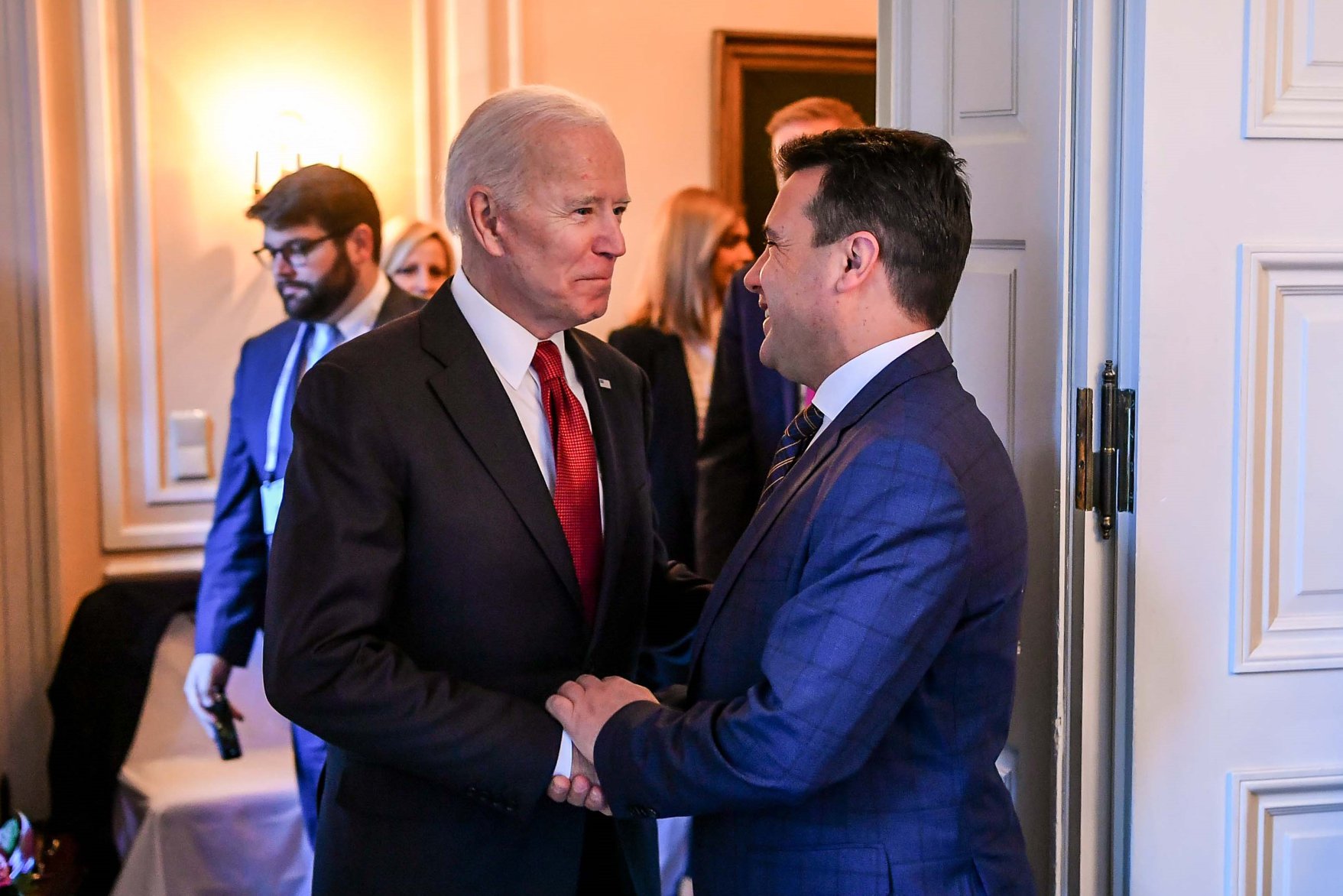June 17th marks the 3rd Anniversary of the signing of the “Prespa Agreement,” deemed by the preponderance of Macedonians throughout the world as having been forced on them in a flawed, if not fraudulent, manner. The United Macedonian Diaspora (UMD), as the leading voice of Macedonians abroad, reiterating its unequivocal opposition to the “Prespa Agreement,” will continue to refer to the homeland as the Republic of Macedonia – the name determined by a resounding majority of its citizens and the diaspora by referendum in 1991.
Since its implementation, the “Prespa Agreement” has deepened the systematic discrimination against Macedonians, not just in Macedonia, but also in Greece, Bulgaria, and other countries. Despite purported assurances that the Macedonian identity would be safeguarded by the “Prespa Agreement,” the inappropriate use of “North Macedonian” (a fabricated designation not contained in the “Prespa Agreement)” has been rampant throughout the media and among governmental and non-governmental entities over the last three years. Moreover, hate speech and cyberbullying towards Macedonians on social media has intensified, without proper interventions by social media giants like Facebook, Twitter, and Instagram against anti-Macedonian commentators and agitators.
Most recently, Macedonia qualifying for the Euro 2020 Championship has garnered discriminatory and hateful comments in Bulgarian and Greek internet portals. Despite MKD being the official acronym per the International Organization for Standardization and the “Prespa Agreement,” the Greek Foreign Ministry and the Greek Sports Minister wrote to UEFA to have this changed. Such actions prove that despite Macedonia changing its name, Greece will continue to foment obstacles for its neighbor. UMD believes that the “Prespa Agreement” has emboldened Bulgaria and Greece to perpetuate and escalate the denial of basic human rights and religious freedoms of their Macedonian minorities.
Against this backdrop, on June 8th, 2021, President Joe Biden issued a new Executive Order (E.O.) on the Western Balkans, expanding the E.O. of previous Administrations to include the “Prespa Agreement.” While the E.O. addresses significant crime and corruption in Southeast Europe, it is also disconcertingly ambiguous and broad in its terms. UMD is awaiting clarification from the White House, Department of the Treasury, and the Department of State on how this E.O. impacts United States (U.S.) citizens, dual U.S.-Macedonian citizens, and US entities, in the context of their enshrined right to freedom of speech under the 1st Amendment of the U.S. Constitution. Similarly, freedom of speech is protected under Article 16 of the Macedonian Constitution, ensuring Macedonian citizens the right to voice their opinions publicly and openly. Pending official U.S. government clarification, Macedonians are expressing concern that the E.O. could be used to stifle public debate and their fundamental rights.
In the meantime, Bulgaria continues to obstruct from within the European Union (EU), unjustly demanding that Macedonia revise its history, identity, and language to join the EU. Unfortunately, next week’s EU Summit does not bring much hope for Macedonia in receiving a start date for accession talks, as it is still stuck in the waiting room since 2004.



